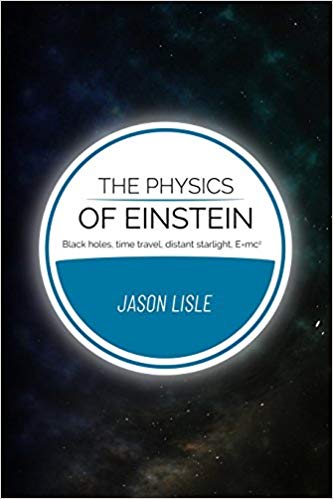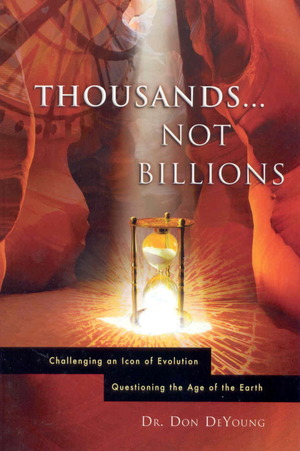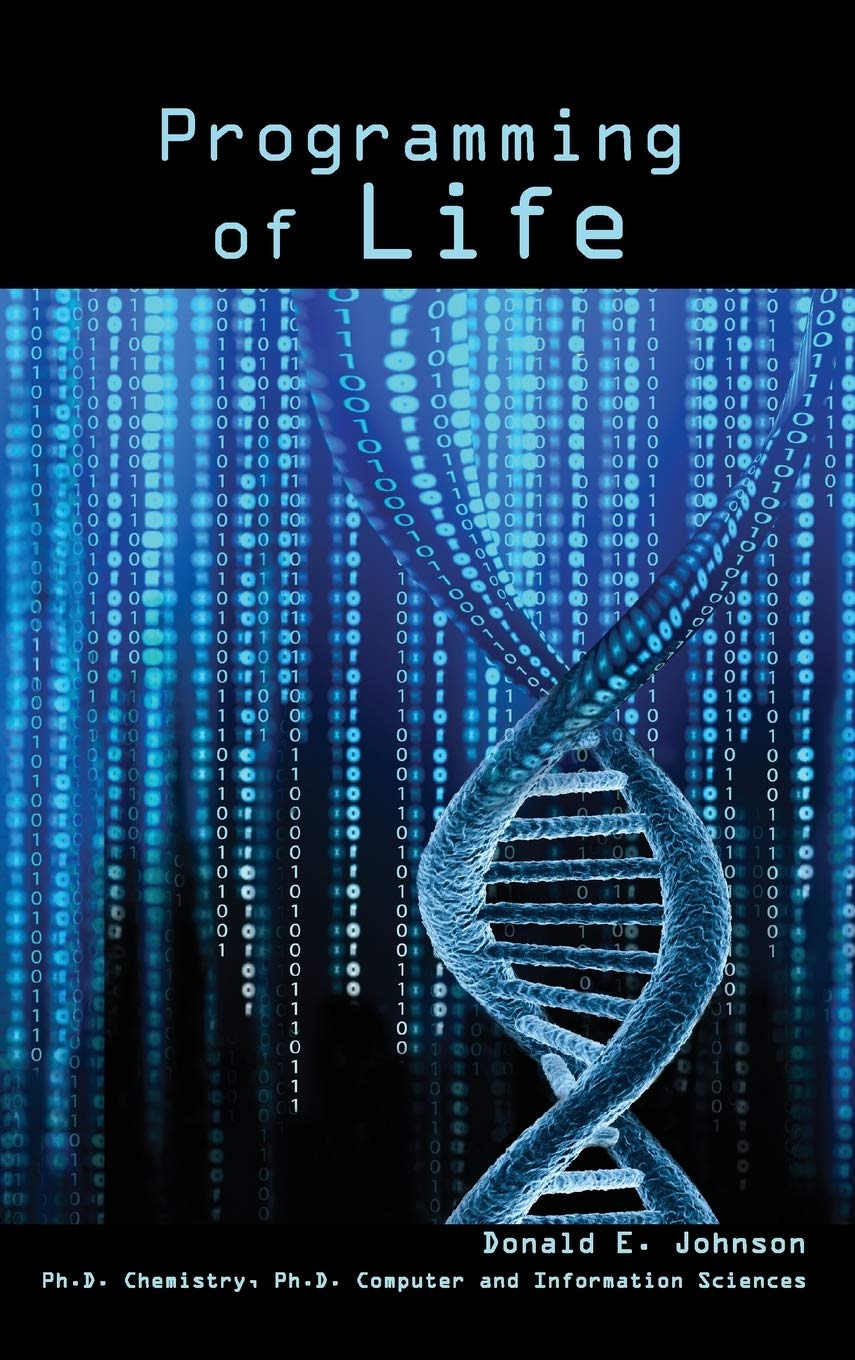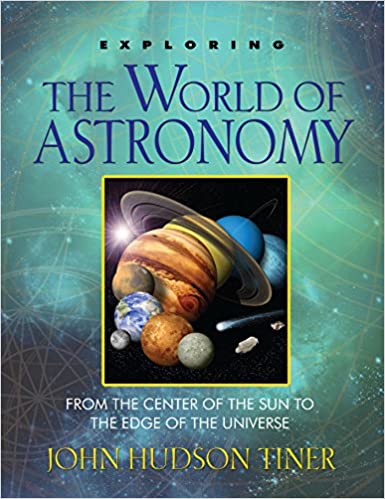Dialogue 2019 #1
Genetic information is so detailed that questions often arise as to where it came from. Genes may either be homologues to genes in other species (similar in composition to genes in other organisms and assumed to have originated from a common source), or they may be entirely different. These different genes are called orphan genes. Orphan genes (often spelled ORFan genes) are species specific genes that are significantly different from all other known genes, and are thus genetically isolated from the enormous set of genetic possibilities. Read the rest of this entry »
During his second lecture at Creation Weekend 2018, Dr. Gordon Wilson stimulated our appreciation of the creation with his presentation entitled “The Magnificence of the Mundane” The words in the title, he pointed out, are actually contradictory. While the word “magnificence” communicates excitement, the term “mundane” suggests that something is boring or dull. But what he wanted to share with us is that God’s work in creation is amazing, displaying God’s wisdom and finesse (Ps. 104:24). And in this context, we are told that King Solomon, full of wisdom, spoke about trees, herbaceous plants, beasts, birds, reptiles and fish (I Kings 4:33). Read the rest of this entry »
Some people actually like numbers and mathematics, and some people don’t. Everybody knows that! Some people however sound positively lyrical on the subject of numbers. Dr. David Berlinsky, for example, in his book infinite ascent: a short history of mathematics (2005) describes the inexhaustible variety of natural numbers and their personalities. (Modern Library Paperback edition p. 5). He lists various demanding disciplines that mathematicians have developed. Beyond the practical and theoretical challenges that mathematics provides however are the insights into nature. As Dr. Kurt Wise pointed out in Faith, Form and Time (2002) “The universe seems to operate with mathematical precision, and natural laws have a mathematical form.” (p. 91) Astronomer Dr. Timothy Ferris elaborates on mathematics in his 1997 book The Whole Shebang: “[M]athematics [is] a codified form of logic that embodies the faith of science that nature works in a rational way.” He adds “Like all scientific theories, relativity is expressed in terms of mathematical equations-” Read the rest of this entry »
Every year, it seems, we hear about anniversaries, some obscure and some more significant. But 2019 is big!! It is the 150th anniversary of a major step forward in our understanding of the chemical elements. In March 1869, Dimitri Mendeleev, an obscure Russian scientist, managed to explain chemistry in a way that made sense. Thus, UNESCO has designated the year 2019 as the Year of the Periodic Table of the elements. Some people consider that this single document is one of the most powerful icons in science. Read the rest of this entry »
Do you like to watch your favourite team show off their talents? Are you happy when they win? Sometimes it’s fun to be a spectator. All you have to do is cheer. Let’s be spectators in temperature races featuring that special competitor, the yeast cell.
Yeast is a tiny mold made up of a single cell. Yeast has the remarkable ability to turn sugar into alcohol and carbon dioxide gas. If there are more yeast cells, naturally, sugar is turned into alcohol and carbon dioxide gas at a faster rate. The happier the yeast is kept, the faster it grows and the more product it produces. Let’s see if temperature has any effect on how happy the yeast is and thus on how fast it grows and how much product it produces. Read the rest of this entry »











